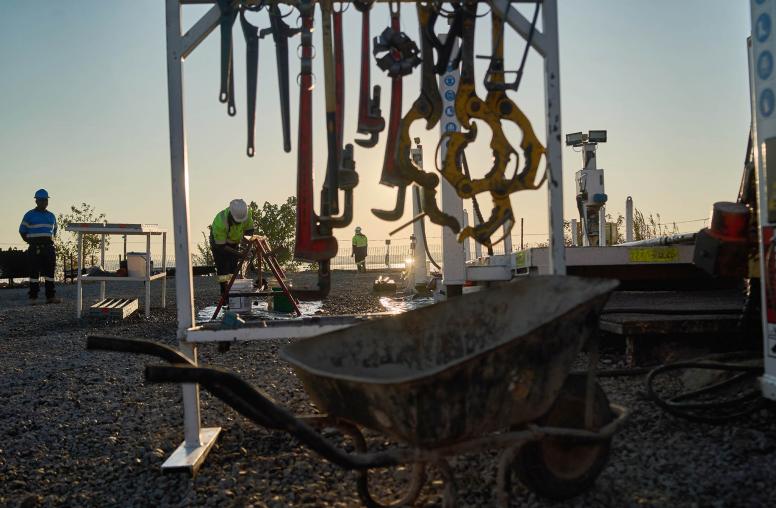Africa at the Crossroads: A Conversation with DRC President and AU Chair Félix Tshisekedi and Rep. Karen Bass (D-CA)
Read the Event CoverageAfrica faces a complex combination of democratic backsliding, demographic pressures, entrenched poverty and climate change. The difficulty of addressing these challenges has been compounded by the impact of COVID-19, increasing terrorism and a legacy of weak or failed government responses. Prior to the pandemic, the continent was home to some of the world’s fastest growing economies. Africa’s wealth of critical natural resources also reflects its increasing progress and potential. Today, Africa presents an opportunity for renewed U.S. government engagement with countries in the region — including the Democratic Republic of Congo — and key continental institutions like the African Union.
English
French
After being selected as the chair of the African Union this year, President Félix Tshisekedi of the Democratic Republic of Congo set an ambitious agenda for 2021 — ranging from the promotion of African culture to peacebuilding to COVID-19 vaccine distribution.
On July 20, USIP hosted a discussion with President Tshisekedi and Rep. Karen Bass (D-CA), chair of the House Foreign Affairs Subcommittee on Africa, Global Health, and Global Human Rights that focused on a range of important issues confronting Africa, including strengthening democracy, human rights, economic growth, COVID vaccine availability and responding to peace and security challenges.
Continue the conversation on Twitter with #AfricaUSIP.
Speakers
Félix Antoine Tshilombo Tshisekedi
President of Democratic Republic of the Congo, Chair of the African Union
@Presidence_RDC
Rep. Karen Bass (D-CA)
U.S. Representative; Chair of the House Foreign Affairs Subcommittee on Africa, Global Health, and Global Human Rights
@RepKarenBass
Dr. Joseph Sany
Vice President, Africa Center, U.S. Institute of Peace
@Josephsany1
Lise Grande, opening remarks
President and CEO, U.S. Institute of Peace



